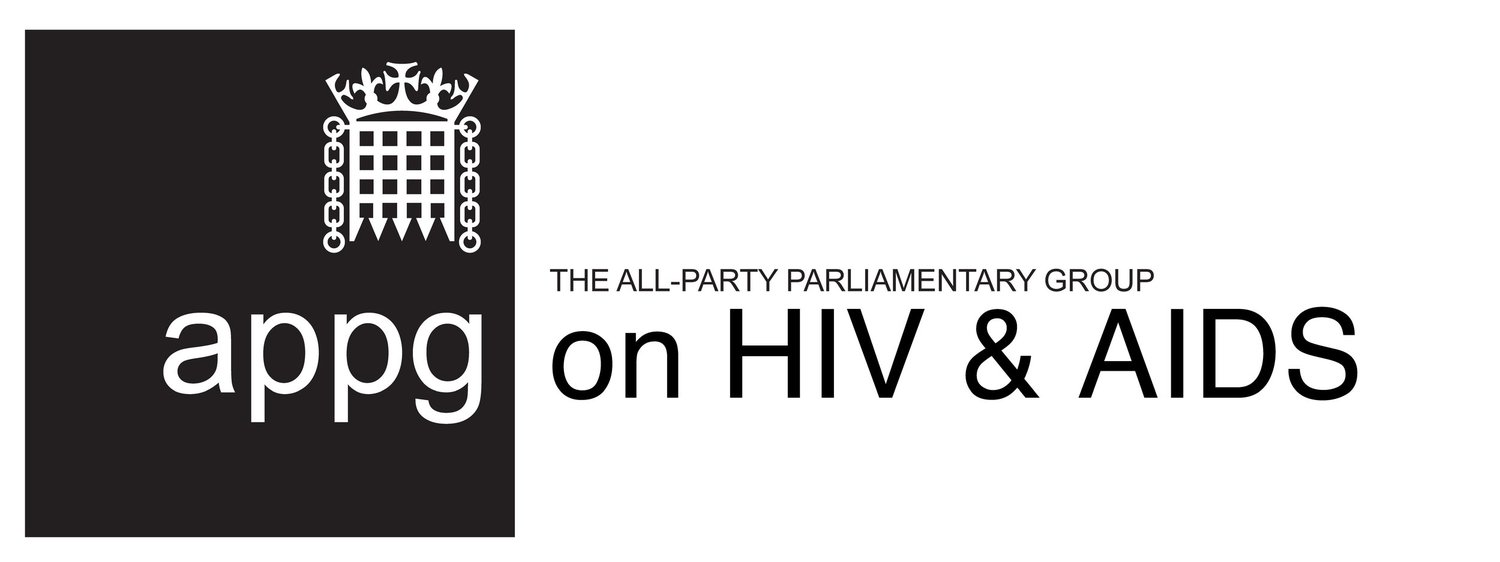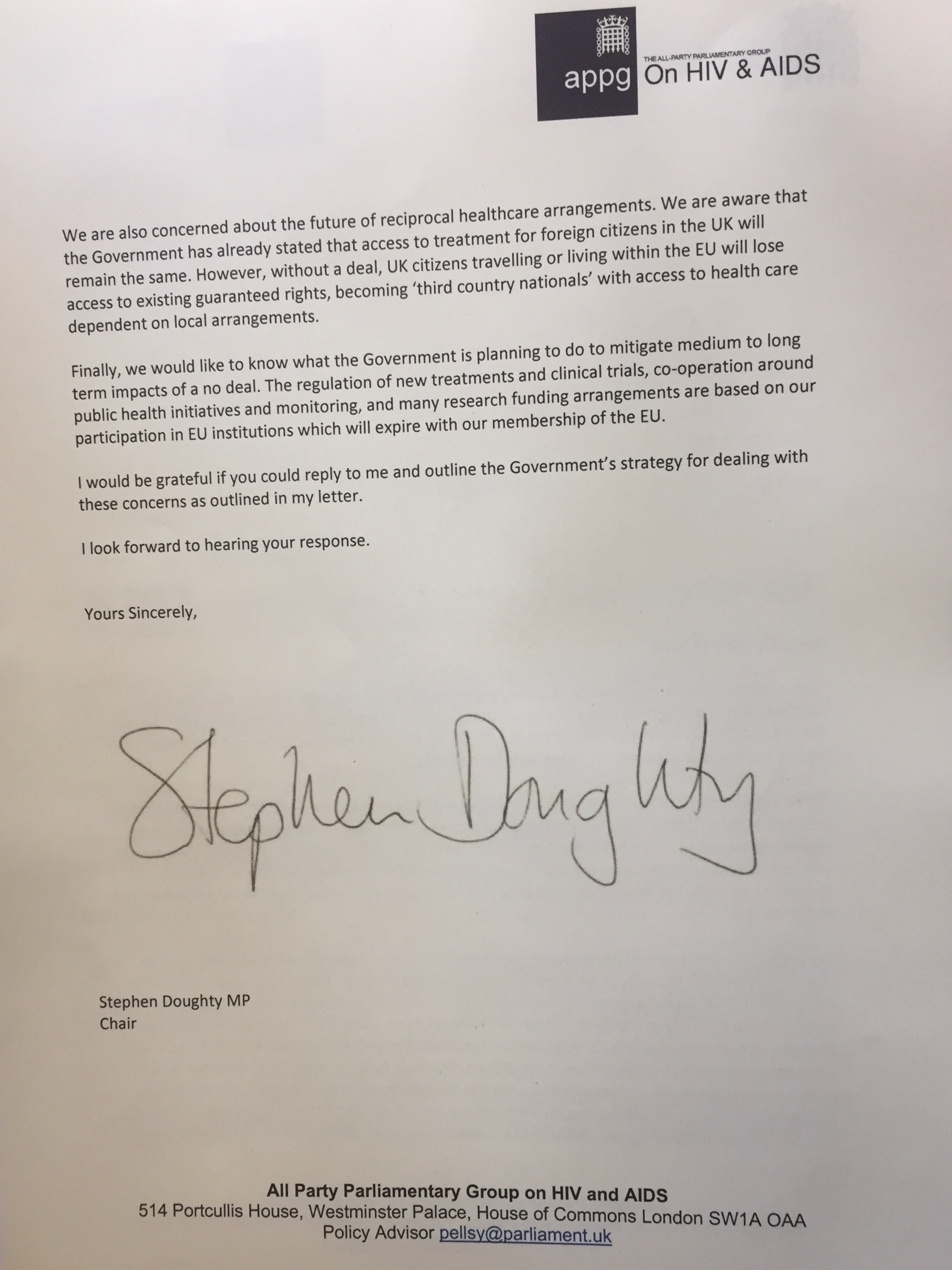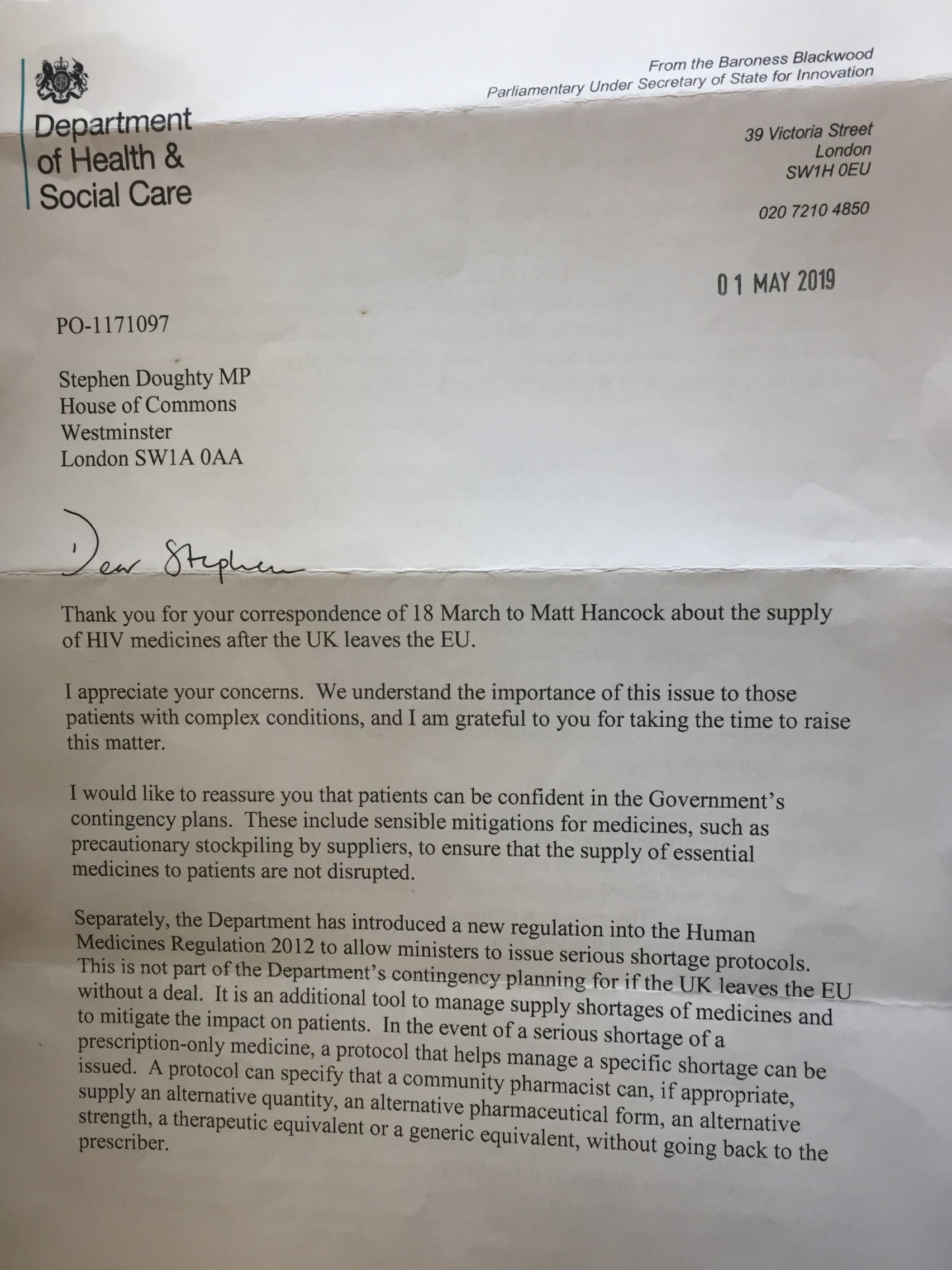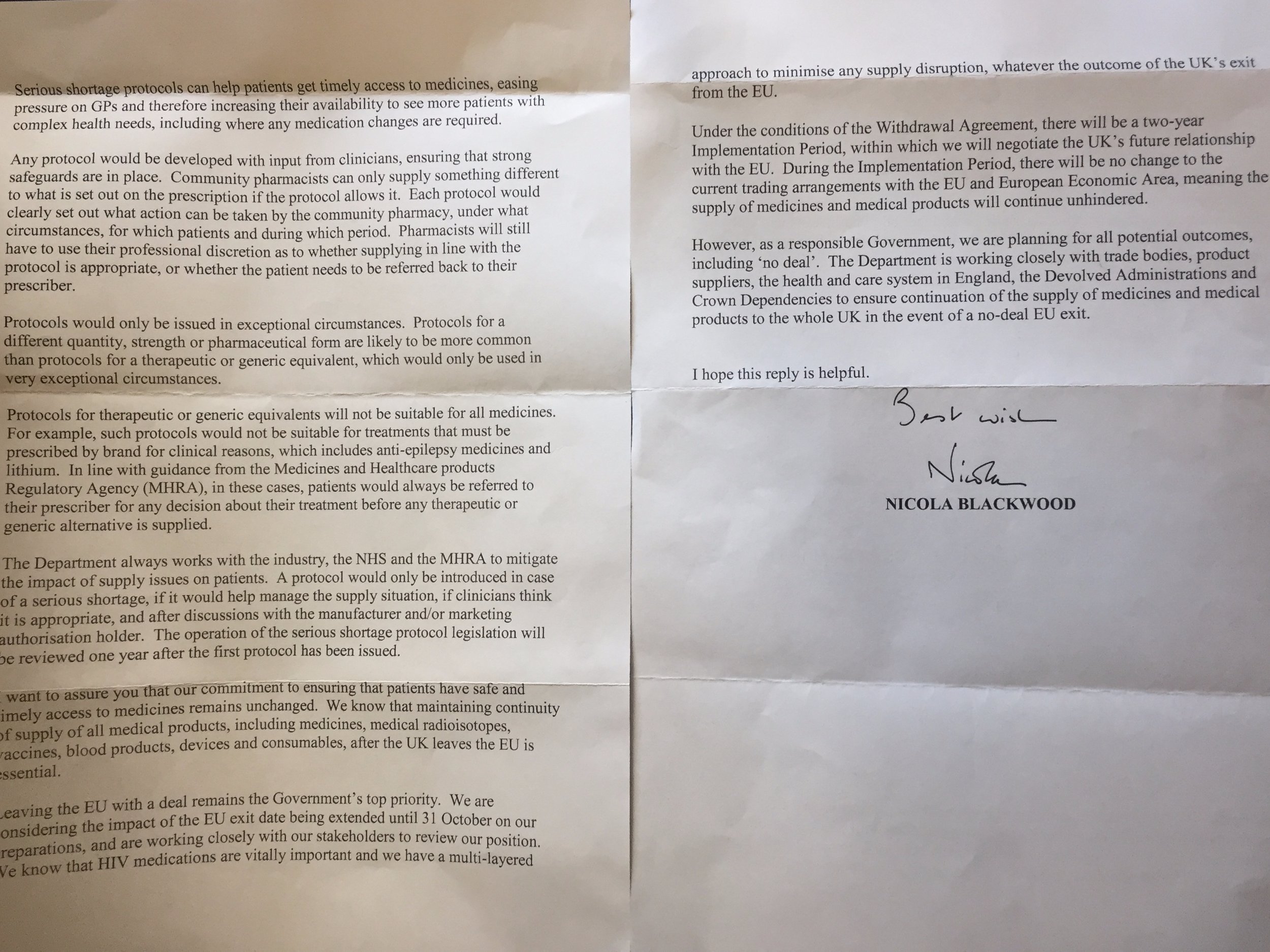We are currently in the midst of a once in a century event, the COVID-19 global pandemic. The virus currently has no vaccine and no effective treatment and has spread across the world with a speed and ferocity that no health system has been able to prepare for. We have seen one of the richest countries in the world, Italy (average income, US$34,480) struggle to cope under the strain, while China (average income, US$9,770), conversely, has been able to control its epidemic and provide “aid” in the form of medical supplies and experts to the technically “developed” nations.
As the UK Government struggles to secure supplies for our health system, the APPG on HIV and AIDS would like to ensure that the other major pandemic – HIV – is not deprioritised, internationally or domestically and better understand the impacts of COVID-19 on the HIV response.
Since the pandemic emerged, we have had representations from the domestic HIV charities raising concerns about employment, the disproportionate impact on black and ethnic minority communities and concerns around the Department for Health Social Care advice for people living with HIV regarding COVID. Internationally focused HIV non-governmental organisations (NGOs) have also raised concerns about the impact of COVID-19 on people living with and affected by HIV in developing countries, the short and long term impact on health financing and equitable access to new and existing health technologies to fight COVID-19.
We would like to hear more from charities and NGOs both here in the UK and internationally about how COVID-19 is affecting the HIV response, and what is needed to address concerns or failures by governments and the global health institutions responding to COVID-19. We are particularly concerned about the impact of COVID-19 in Sub Saharan Africa on people living with HIV as this is where the HIV epidemic is most concentrated. However, we would also like to hear from people living with and affected by HIV and people from key populations in other geographies who may be struggling to access healthcare at this difficult time.
This inquiry is intended to raise awareness of the struggles that people living with and affected by HIV may be facing around the world in the immediate circumstances and contexts created by COVID-19 where many countries are in “lockdown” or movement is severely restricted. We would like to hear personal stories about how this is affecting people accessing medication, prevention, care and support and the impact on general wellbeing as well as information on the wider impacts and general adherence to HIV medication. We are particularly keen to hear whether human rights are being respected and the 5 principles as outlined by STOPAIDS are being upheld (see below). We plan to hold a more in-depth inquiry into the longer-term effects of COVID-19 on the HIV response at a later stage.
Please use the questions below to inform your response and send to Susie Pelly at pellys@parliament.uk by 5pm 19th June 2020. Please submit your response in Word format and number your paragraphs. Please also include a short description of the organisation you work for or whether you are writing in a personal capacity and include your contact details (email, address, phone number) and whether you would be happy to be contacted to participate in oral evidence sessions via zoom.
Questions for all responding
1. Has access to HIV prevention, treatment and care services been affected by COVID-19? If so, can you tell us how?
2. Is there evidence to suggest that COVID-19 is affecting adherence to HIV medication or treatment for co-morbidities? Please explain
3. Are there any concerns that undiagnosed HIV could become an issue during the pandemic because of reduced health service availability? What is being done to address this?
4. What are the main concerns being voiced by people living with HIV during this pandemic?
5. Mental health is being impacted for many people during this crisis, are people living with HIV disproportionately impacted and if so, what mental health support are they able to access?
6. What employment issues are people living with HIV having in relation to COVID-19?
7. Has access to HIV treatment, care and support services been affected by COVID 19? If so, can you tell us how?
8. Is there any evidence to suggest that COVID 19 is affecting adherence to HIV medication? If so, why is that the case?
9. Has access to HIV prevention interventions/services, including testing, been affected by Covid 19? If so, can you tell us how?
10. Are there any concerns that undiagnosed HIV could become an issue during the pandemic because of reduced health service availability?
Questions for those responding from and on the impacts in low and middle-income countries
1. Have there been any reports of human rights abuses in relation to COVID-19? If so, why do you think this is happening and what could be done to mitigate these issues?
2. What is happening with internationally funded HIV programmes during the pandemic?
3. Are there any lesson from the HIV response that global institutions like the World Health Organisation should take into consideration in developing its global response?
Questions for those responding from and on the impacts in the UK
1. Why are BAME communities disproportionately affected by COVID-19 and is this effect more acute for BAME people living with HIV?
2. What are the main concerns being voiced by people living with HIV during this pandemic?
3. What employment issues are people living with HIV having in relation to COVID 19?
4. How has your organisation adapted its HIV services and the work it does during this COVID 19 crisis?
5. Has COVID 19 had a financial impact on your organisation or do you think it will? Are the government measures sufficient?
6. When we move towards a gradual easing of COVID-related social measures, what do you think the priorities are for the Government around HIV?
7. During the COVID-19 pandemic, what further measures need to be put in place to retain the UK’s progress in surpassing the UNAIDS 90-90-90 targets?








